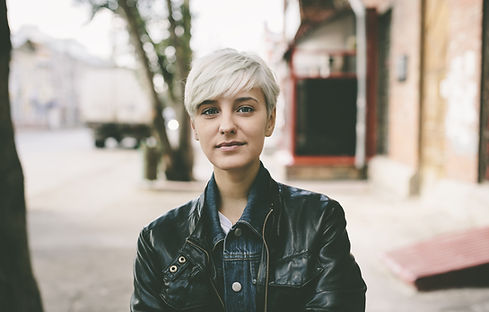About
The Neurofeedback Advocacy Project
Our Vision
We envision a day when neurofeedback is fully integrated into the mental health system and widely available to anyone who needs it.
Our Mission
To make neurofeedback accessible to those who need it by building capacity within our existing healthcare system, with a focus on agencies working with the underserved and those most vulnerable.

Our Purpose
Our strategy is to offer a no-risk path for agencies to demonstrate the clinical, professional and cost-benefit advantages of adding neurofeedback.
We make neurofeedback possible for the clients who need it most and are least likely to access it.
The Neurofeedback Advocacy Project is a 501c3 non-profit. It is a voluntary undertaking of Dr. Fleischman.

Who We Serve
We work with agencies and other nonprofits who serve low-income, Medicaid-eligible, underserved and hard-to-serve clients. To join the NAP, we seek agencies prioritizing providing services to low-income, Medicaid-eligible, underserved, or vulnerable populations.
View our online application for a list of client groups we consider to be underserved.


Joining the NAP
We know that agencies and other nonprofit organizations have limited financial resources for offering new services. As a part of our efforts to make neurofeedback accessible, we offer a monthly subscription plan that provides both equipment and training for supervisors and clinicians. Agencies can cancel any time without penalty. They simply return the equipment.
Training is held online over the course of 5 days. Your staff will get to use the neurofeedback equipment as they receive a deep-dive on the use of neurofeedback. They will also receive ongoing support via biweekly conference calls for supervisors and clinicians.

History
The Neurofeedback Advocacy Project (the NAP) was founded in 2018 by Dr. Matthew Fleischman. We started with 3 agencies in Oregon: a county behavioral health department, a community mental health agency and a program for felons just released from prison.
In 2020, we added six more agencies and made improvements to our Results Tracking System (RTS).
In 2021, we received 501(c)(3) nonprofit status from the IRS and expanded our current sites. We aim to expand by an additional 25 sites in the coming year.

